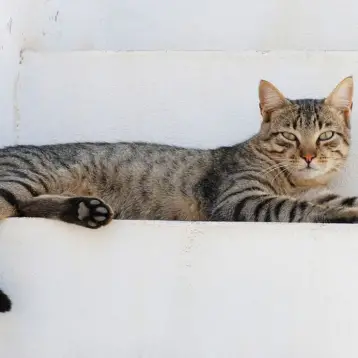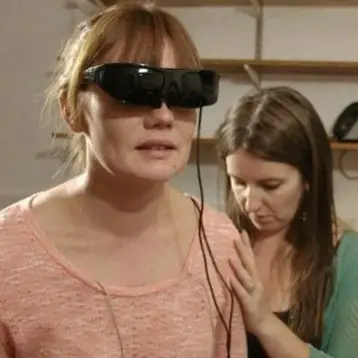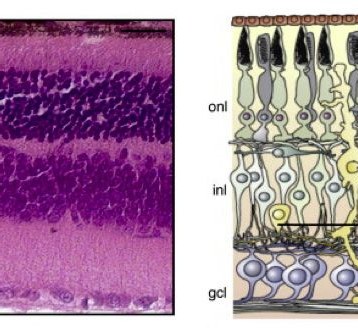|
In a recent study of macaque monkeys in Indonesia, researchers found that males performed several services in order to encourage females to agree to sexual intercourse. The article, “Payment for Sex in a Macaque Mating Market,” was published in the December issue of Animal Behavior and is based on the work of a group of scientists led by Michael David Gumert from Hiram College in Ohio. It describes the behavior of about 50 long-tailed macaques in Kalimantan Tengah, Indonesia. After observing the monkeys for about 20 months, the scientists concluded that after the males performed their grooming ritual, sexual activity more than doubled: from an average of 1.5 times an hour to 3.5 times an hour. The study also showed that the amount of time that males spent grooming hinged on the number of females available at the time. For instance, as the number of females increased, the males spent less time picking nits off the females.
Though it has been observed that primates trade grooming for food sharing or infant care, this is the first time this kind of exchange was observed between male and female primates in a sexual context. From the human point of view, it might seem trivial that such actions lead to sex between mammals, but the study’s author suggests a more favorable interpretation. The macaques’ exchange of services illustrates a simple system of cooperation that allows for successful mating. The basic premise, says Gumert, is called the Biological Market Theory, which follows the elementary principles of supply and demand.
In the case of the voluntary sex life of long-tailed macaques, it means that the price that one group is willing to pay for a commodity that the other group has depends on the scarcity or abundance of that commodity on the market. Scientists assume female macaques use grooming, too, to try to maintain social relationships to benefit their offspring, or as a way to distract or appease males from becoming overly aggressive – a behavior that is quite common after a sexual encounter. In fact, when female macaques groomed males, their services decreased.
|
Although it is tempting to draw parallels between the monkeys’ mating dance and our own, Gumert warns against doing so, since the study draws no conclusions about what implications these observations in monkeys may have for the human world. In fact, extrapolation from primate behavior is a highly controversial issue in zoology. Certainly, our biology underpins much of what we do, but so do our culture and environment; the question is, where do we draw the line?
That inquiry is at the heart of primate studies similar to Gumert’s. While scientists’ knowledge of the long-tailed macaques’ social world is growing, this recent study claims that figuring out how this market concept can be applied to the social settings of other animals, including humans, will be its main value.
TFOT has covered a robotic lemur currently under development by NASA, and MIT’s “HolyBot“, which can actually walk on water.
Gumert’s original article can be found on sciencedirect (subscription required), and more information on this research project can be found in the Time/CNN special report.
Top image: Macaque monkeys in Tibet (Credit: Noel Rowe).











